If you’ve ever noticed a bright purple mark after a gentle bump and wondered whether your thyroid could be the culprit, you’re not alone. The quick truth is that easy bruising isn’t a hallmark of hyperthyroidism, but in a few special cases the two can intersect. Below, I’ll walk you through the science, the rare exceptions, and the practical steps you can take—talking to you like a friend over a cup of tea, not a textbook.
Quick Bruising Check
One‑Sentence Answer
Hyperthyroidism itself rarely causes bruising; when it does, clinicians usually find a secondary issue such as an autoimmune platelet problem or medication effect.
Key Takeaways
- No solid proof that excess thyroid hormone thins skin or capillaries.
- Major health sites say there’s “no scientific or clinical evidence that hyperthyroidism causes significant bruising” according to Healthline (2025).
- Rare autoimmune forms (e.g., Graves’ disease) can trigger immune thrombocytopenic purpura (ITP), which makes bruising common.
When Hyperthyroidism Can Influence Bruising
Autoimmune Platelet Trouble (Graves’ Disease)
Graves’ disease is an overactive thyroid driven by the immune system. In some patients the same mis‑directed immunity attacks the platelets—tiny blood cells that stop bleeding. A 1981 study in Annals of Internal Medicine found that patients with Graves’ disease who complained of easy bruising often had elevated platelet IgG antibodies, a hallmark of ITP according to a study. Roughly half of those examined showed this link.
What’s Platelet IgG?
Think of platelets as the tiny “repair crews” that patch up tiny leaks in blood vessels. When the immune system tags them with IgG antibodies, the crews get confused and either disappear or work poorly, leaving you with spots that linger longer than they should.
Hormone Stress & Cortisol (Very Rare)
In a handful of cases, hyperthyroidism messes with cortisol—the stress hormone that helps keep blood‑vessel walls sturdy. When cortisol drifts low, skin can become thinner and more prone to bruising. This is an outlier scenario, mentioned only in passing by the same Healthline article, but worth noting if you’ve ruled out everything else.
Other Common Causes of Easy Bruising
Medication & Supplement Culprits
Even if your thyroid is perfectly fine, certain meds love to invite bruises:
- Aspirin and other non‑steroidal anti‑inflammatories
- Blood thinners like warfarin or newer anticoagulants
- “Natural” blood‑thinners—garlic, ginkgo, vitamin E, ginger, even high‑dose green tea
Nutrition & Systemic Issues
Deficiencies are sneaky. Low vitamin C, K, D, B12, or iron can weaken capillaries. Liver, kidney, or Cushing’s disease also make your skin more fragile. In short, “why bruise easily” often has nothing to do with the thyroid at all.
Quick Self‑Assessment Checklist
| Question | What to Look For |
|---|---|
| Are you on aspirin, NSAIDs, or herbal supplements? | Yes → Check with your doctor about alternatives. |
| Do you have frequent nosebleeds, heavy periods, or bleeding gums? | Yes → Possible clotting issue; get a CBC. |
| Is your diet missing fresh fruits, leafy greens, or protein? | Yes → Consider a multivitamin and diet tweak. |
| Any recent change in thyroid medication dosage? | Yes → Bruising could be a side‑effect. |
How Doctors Diagnose the Source of Bruising
Lab Work‑Up You May Hear About
When you walk into the exam room, your doctor will likely order a few blood tests to sort out the mystery:
- Complete Blood Count (CBC) – Checks platelets, hemoglobin, and overall blood health.
- Thyroid Panel – TSH, free T4, free T3 to confirm or rule out hyperthyroidism.
- Coagulation Tests – PT/INR and aPTT gauge clotting speed.
- Platelet IgG or Antiplatelet Antibody – Ordered when ITP is suspected.
Endocrinologist vs. Hematologist
If your thyroid numbers are off and you have symptoms like rapid heartbeat, weight loss, or heat intolerance, an endocrinologist will take the lead. If platelet counts are low or bruising is the primary complaint, a hematologist steps in. Sometimes the two specialists team up—especially in Graves‑related ITP.
Managing Easy Bruising If You Have Hyperthyroidism
Treat the Thyroid First
When hyperthyroidism is the driver, getting it under control often eases secondary problems. Antithyroid drugs (methimazole or PTU), radioactive iodine, or surgery can normalize hormone levels. In the rare Graves‑ITP cases, fixing the thyroid has been shown to improve platelet counts.
Supportive Skin & Vessel Care
- Gentle skin care: avoid harsh scrubbing, use moisturizing lotions.
- Vitamin C‑rich foods (citrus, berries) and vitamin K (leafy greens) to strengthen capillaries.
- Cold compress on a fresh bump—just 10‑15 minutes—to reduce bleeding.
- Skip tight clothing that can bruise delicate skin.
When Bruising Persists After Thyroid Control
If your thyroid hormone levels are stable but bruises keep showing up, it’s time for a deeper hematology work‑up. Treatments for ITP include low‑dose steroids, intravenous immunoglobulin (IVIG), or newer thrombopoietin‑receptor agonists. Your doctor will tailor the plan to your situation.
Bottom Line & Next Steps
Easy bruising is not a classic sign of hyperthyroidism, but in a tiny slice of patients—especially those with autoimmune Graves’ disease or on certain medications—it can appear as a side effect. The best move is to keep a simple bruise diary (date, size, location), review any meds or supplements you’re taking, and schedule a blood count plus thyroid panel with your primary‑care provider. If platelets are low or you have an autoimmune thyroid condition, a specialist can pinpoint the exact cause and guide you toward relief.
Got a story about unexpected bruises? Share it in the comments or reach out with questions. We’re all in this together, and the more we talk, the easier it gets to untangle the “why bruise easily” puzzle.

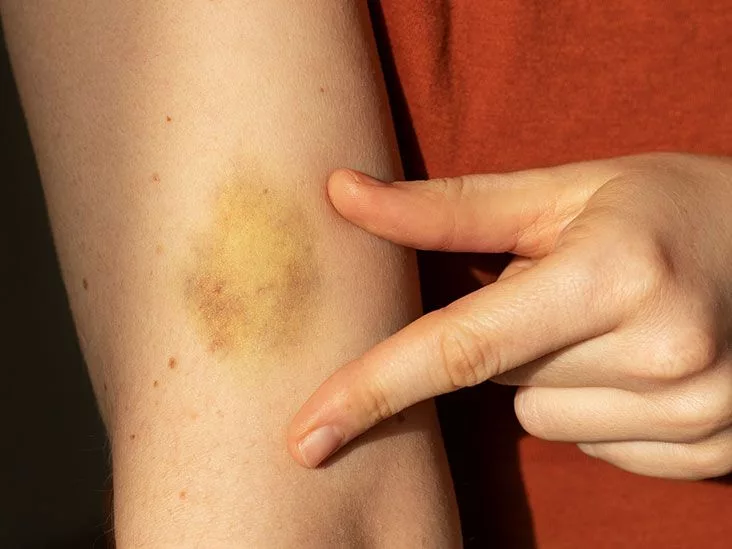


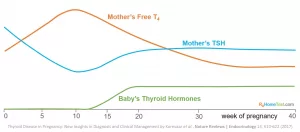
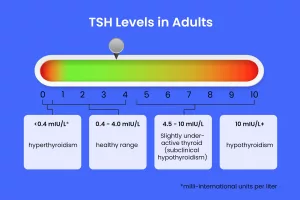



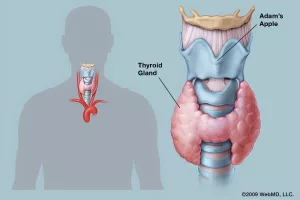
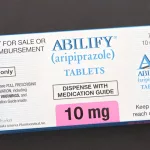
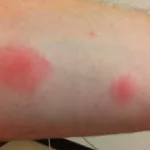





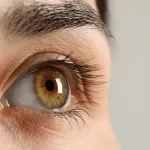


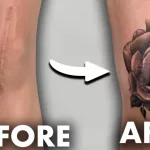


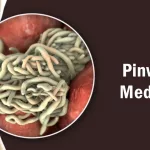

Leave a Reply
You must be logged in to post a comment.